IDC, a leading market research firm, predicts that wearable devices will become a major growth area in the tech industry. This year, global sales are expected to reach 19 million units, doubling from the previous year and potentially reaching 119.1 million within four years. Recently, it was announced that Apple will launch its smartwatches in October this year, generating significant excitement among tech enthusiasts. For the traditional watchmaking industry, the integration of high technology could bring about major changes. Swatch, one of the three major watch groups, has remained relatively passive in the wearable space. Will Apple’s entry change this dynamic?
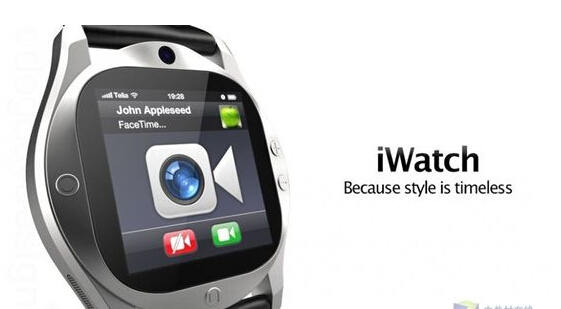 As early as the 1970s, the watch industry faced a quartz crisis, which created opportunities for new players like Japanese brands while forcing Swiss watchmakers to adapt. Some fear that smartwatches might trigger another revolution, reshaping the entire industry. However, I believe such concerns may be exaggerated. After all, wearable technology is still in its early stages. Mechanical watches have a timeless appeal, and many people value their craftsmanship and heritage. The more classic a watch is, the longer it tends to stay relevant.
As early as the 1970s, the watch industry faced a quartz crisis, which created opportunities for new players like Japanese brands while forcing Swiss watchmakers to adapt. Some fear that smartwatches might trigger another revolution, reshaping the entire industry. However, I believe such concerns may be exaggerated. After all, wearable technology is still in its early stages. Mechanical watches have a timeless appeal, and many people value their craftsmanship and heritage. The more classic a watch is, the longer it tends to stay relevant.
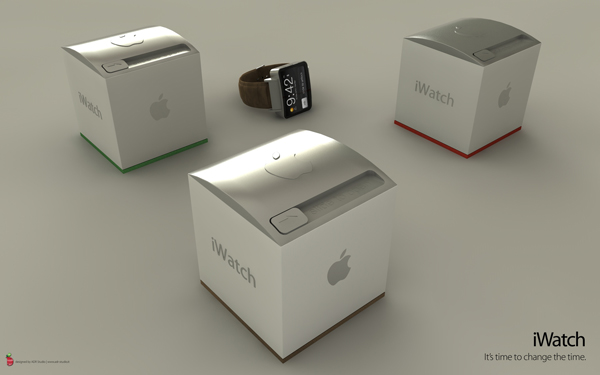 Despite this, opinions on smartwatches remain divided. In a recent interview, Jony Ive, former design chief at Apple, described smartwatches as “stupid.†He argued that wearing cheap electronic devices on the wrist doesn’t add real value to users. Others share similar sentiments, seeing smartwatches as gimmicks rather than essential tools. However, Apple's involvement in wearables has been delayed compared to competitors like Samsung, Pebble, and Google. Even some Chinese brands have already introduced circular smartwatches. While the full impact of Apple’s upcoming product remains to be seen, the company faces the challenge of proving that wearable tech can truly transform the market.
Despite this, opinions on smartwatches remain divided. In a recent interview, Jony Ive, former design chief at Apple, described smartwatches as “stupid.†He argued that wearing cheap electronic devices on the wrist doesn’t add real value to users. Others share similar sentiments, seeing smartwatches as gimmicks rather than essential tools. However, Apple's involvement in wearables has been delayed compared to competitors like Samsung, Pebble, and Google. Even some Chinese brands have already introduced circular smartwatches. While the full impact of Apple’s upcoming product remains to be seen, the company faces the challenge of proving that wearable tech can truly transform the market.
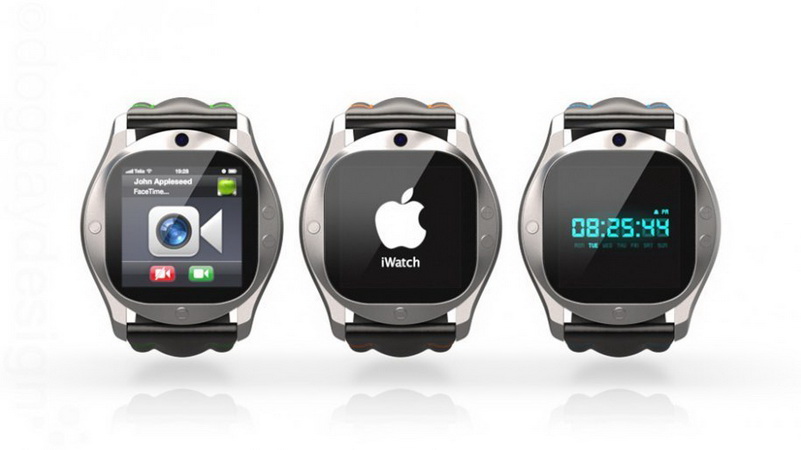 Regardless of how manufacturers promote their products, the development of wearable tech is inevitable. It represents a market opportunity in the digital age. However, whether companies can survive and thrive in this space will depend on time and innovation. While smartwatches may not replace mechanical or quartz watches, they do pose a challenge to traditional watchmakers, stirring feelings of uncertainty and concern.
Regardless of how manufacturers promote their products, the development of wearable tech is inevitable. It represents a market opportunity in the digital age. However, whether companies can survive and thrive in this space will depend on time and innovation. While smartwatches may not replace mechanical or quartz watches, they do pose a challenge to traditional watchmakers, stirring feelings of uncertainty and concern.
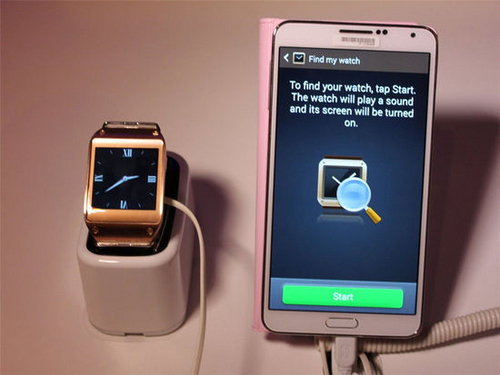 The idea that wearables will completely replace traditional watches seems unrealistic. Technology cannot replace everything—life needs both practicality and beauty. At present, wearable devices offer limited value, and their potential hasn’t yet justified the effort required to use them daily. Think about it: would you want your mechanical watch to require constant charging? Probably not.
The idea that wearables will completely replace traditional watches seems unrealistic. Technology cannot replace everything—life needs both practicality and beauty. At present, wearable devices offer limited value, and their potential hasn’t yet justified the effort required to use them daily. Think about it: would you want your mechanical watch to require constant charging? Probably not.
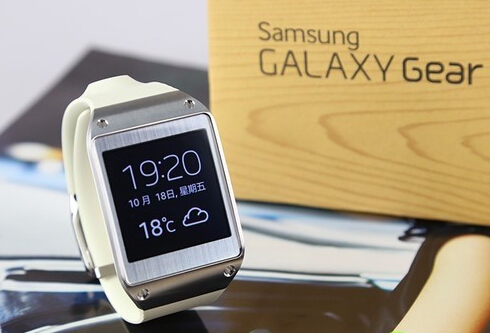 Swatch, often seen as a symbol of traditional watchmaking, has resisted Apple’s attempts to collaborate on smartwatches. According to the CEO of the world’s largest watchmaker group, consumers aren’t showing much interest, and there’s no immediate plan to enter the market. However, the company acknowledges it has the skills to develop smartwatches if demand increases. While smartwatches may not replace mechanical ones, they are likely to influence the industry, triggering innovation and prompting traditional brands to rethink their strategies.
Swatch, often seen as a symbol of traditional watchmaking, has resisted Apple’s attempts to collaborate on smartwatches. According to the CEO of the world’s largest watchmaker group, consumers aren’t showing much interest, and there’s no immediate plan to enter the market. However, the company acknowledges it has the skills to develop smartwatches if demand increases. While smartwatches may not replace mechanical ones, they are likely to influence the industry, triggering innovation and prompting traditional brands to rethink their strategies.
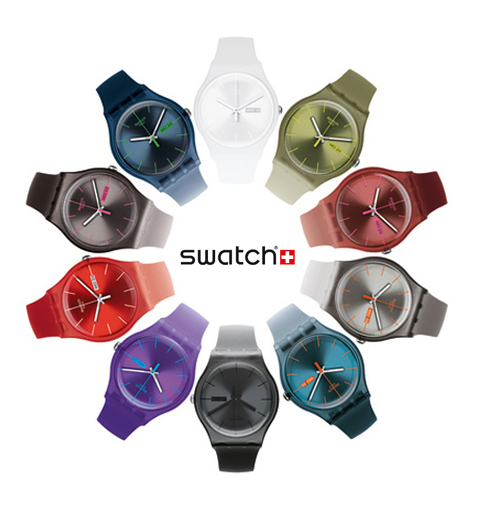 Wearable devices are now in the spotlight, and their presence is undeniable. For the watchmaking industry, this means both innovation and challenges. If wearables become popular and affordable, they could affect the perception of traditional watches. However, this also pushes traditional brands to create more appealing and creative designs. Whether wearables will spark a lasting wave of innovation or fade away remains to be seen. But one thing is certain: whoever captures the market and wins over consumers will ultimately be the winner.
Wearable devices are now in the spotlight, and their presence is undeniable. For the watchmaking industry, this means both innovation and challenges. If wearables become popular and affordable, they could affect the perception of traditional watches. However, this also pushes traditional brands to create more appealing and creative designs. Whether wearables will spark a lasting wave of innovation or fade away remains to be seen. But one thing is certain: whoever captures the market and wins over consumers will ultimately be the winner.
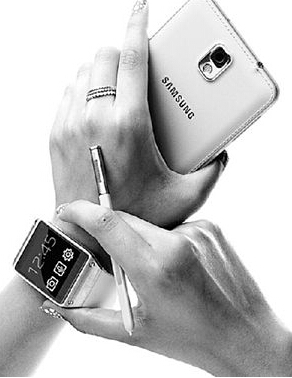









Pu Pencil Case,Pvc Pencil Case,Polyester Pencil Case,Tpu Pecil Case,Cotton Pencil Case
Ningbo FonFON Industry&Trade Co.,Ltd , https://www.nbfonfon.com